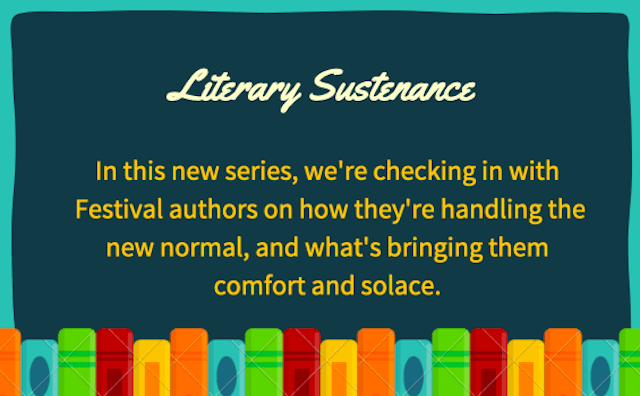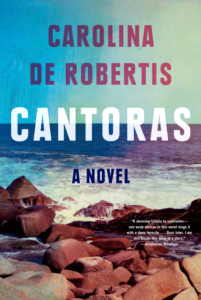We can’t bring you an in-person Festival experience in 2020, but we can stay connected by bringing you literary news, interviews, and dispatches that will hopefully help alleviate the loneliness and tedium of social distancing for our beloved Bay Area community.
“The great paradox of social distancing is that, in staying away, we’re keeping each other safe—and thereby affirming our intrinsic connection, affirming love for each other, for people we’ll never meet.”
– Carolina de Robertis, author of Cantoras, The Gods of Tango, Perla, and The Invisible Mountain, and editor of the anthology Radical Hope: Letters of Love and Dissent in Dangerous Times
Award-winning novelist, translator, and educator Carolina de Robertis, a good friend of the Fest, is no stranger to exploring uncharted ground in her work. Her latest novel, Cantoras, set in Uruguay, won a Stonewall Book Award and was a finalist for the Kirkus Prize and a Lambda Literary Award; and has garnered praise from Jacqueline Woodson and Luis Alberto Urrea for its dazzling evocation of queer love and forgotten history in the midst of a brutal dictatorship.
At the 2020 in-person Fest, Carolina was slated to speak on the panels “A Precarious Performance: Walking the Thrilling Tightrope of Literary Translation” with Jennifer Croft, Michael Holtmann, Idra Novey, and Veronica Raimo; “Radical Imagination: New Voices, New Visions from San Francisco State University,” with Nancy Au, Nona Caspers, and Juliana Delgado Lopera; and “I Know How to Write Forever:” Award-Winning Writers on the Legacy of Toni Morrison,” with Saeed Jones and Namwali Serpell.
While sheltering-in-place at home in Oakland, Carolina took the time to speak with BABF about navigating a different kind of unknown territory: parenting, teaching, reading, caretaking, and giving back in a time of isolation and lockdown.
BABF: Are there “comfort books” you have in rotation for times like these? Or has your concept of a “comfort read” changed in the midst of the utter weirdness and uncertainty of this current situation? What do you find yourself drawn to, books-wise, right now, whether for escape, inspiration, or strength?
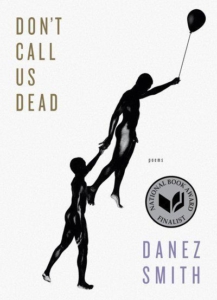
safety. So it’s a full house, harboring a new institution I now fondly call The Feral Homeschool, and my wife and I have our hands full, as do millions of working parents across this country right now
That said, books are still a refuge—they are always and forever an enduring refuge. Isabel Allende’s new novel, A Long Petal of the Sea, is at the top of the nightstand pile, and even if it’s just a paragraph a day, the elegance of her syntax in the original Spanish gives my mind a space to land, a space of beauty and large-heartedness that widens my inner landscape. Poetry and essays have also been a powerful respite and solace, as they allow for the quick dips of a fragmented, raucous mind. Right under Allende in the pile is Danez Smith’s Don’t Call Us Dead, and under that is Toni Morrison’s last non-fiction collection, The Source of Self-Regard.
My MFA classes at San Francisco State continue remotely, and I’m looking forward to 
BABF: Have you witnessed or experienced anything since this
all began that strengthened your faith in humanity or made you feel hope, despite all the uncertainty and anxiety?
CDR: In this devastating time, there’s been an outpouring of generosity and courage. On the institutional level, we, the Bay Area, have been at the national forefront of responsible leadership in this crisis, which has been essential in the face of the utter lack of it at the federal helm. Six Bay Area counties were the first region of this country to order a shutdown and a sheltering in place; California became the first state, a few days later.
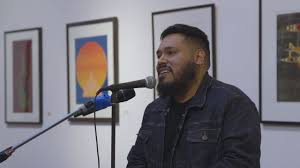

California residents with N-95 masks left over from last year’s wildfires have sent them to hospitals short on supplies. These are just a few examples of what community can do, and efforts I’ve been proud and humbled to contribute to when I can.
The great paradox of social distancing is that, in staying away, we’re keeping each other safe—and thereby affirming our intrinsic connection, affirming love for each other, for people we’ll never meet. That is how we’ll get through this: together. Remembering that we’re in this together, that we are indeed all connected. And that what connects us and what will save us are in fact the same things.
